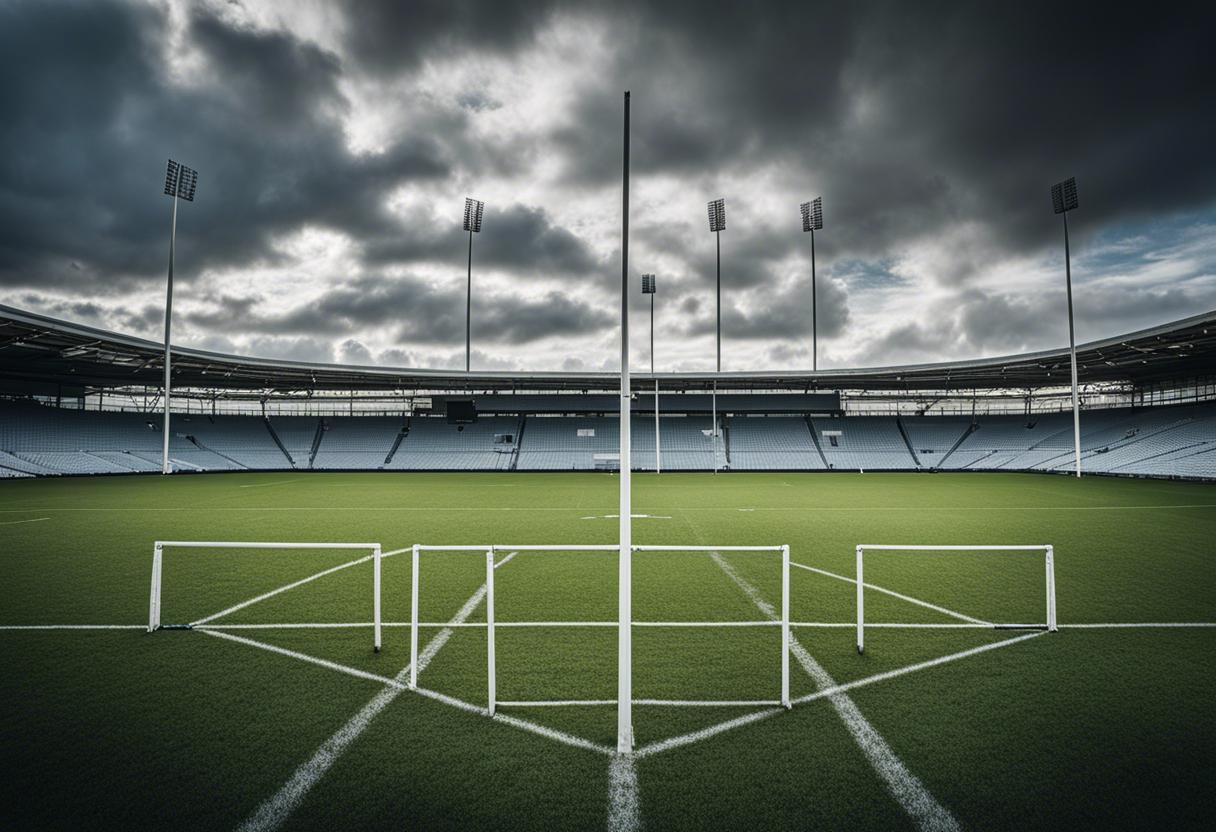Irish rugby has typically steered clear of splashy transfers and extravagant salaries, largely due to the clubs being under the management of the Irish Rugby Football Union (IRFU) rather than wealthy individuals. These clubs regularly combat international teams luring their homegrown talents with high-dollar paychecks. Until recently, they’ve not had the privilege of repeatedly bringing star players to their ranks.
This situation took a different course this past week. As part of their player recruitment for the upcoming season, Leinster broke with convention, twice. The club signed a World Cup champion from South Africa and a celebrated All Black. The new additions may not equate to Real Madrid’s “Galacticos”, but RG Snyman and Jordie Barrett represent the closest Irish rugby has come to such status.
The landscape isn’t as favourable for the other provinces. A tight financial situation in Ulster was a contributing element in their decision to terminate their contract with Steven Kitshoff, a South African star, two seasons before its expiration. Currently, the province only has one certified fly-half for the forthcoming season. Squad sizes in Connacht and Munster appear to be shrinking as budgets contract. Meanwhile, Leinster marked a milestone by securing two of their most notable signings to date.
The critics attribute this discrepancy to the IRFU’s policy of awarding central contracts. When a player is identified as a crucial part of the national team, they’re gifted a distinguished contract, with the IRFU compensating their raised income.
Leinster will have 10 players with central contracts in the next season, whereas the other clubs combined will only have three. With the IRFU covering a large part of the wages for Leinster’s top talents, critics argue that this gives an unsurpassable advantage to Leinster, a province already well-placed economically being based in Ireland’s biggest city. The question arises – should the IRFU continue to fund Leinster’s top players and thereby enable the province to allocate those savings to attracting foreign athletes?
At its essence, the Irish central contract system operates on capitalist meritocracy principles. The top individual players receive these high-value national contracts, irrespective of the province they represent. A defence to those claiming the system is unjust is that Leinster has cultivated these players in-house. Other provinces can also develop their own talent that lands such national contracts.
However, there is one potentially overlooked harsh reality in this sports free market. Is Leinster’s domination of national contracts just a temporary phase or a long-term trend?
Could it be that, after close to three decades of professionalism in rugby, Leinster has learned to optimise its demographic strengths? The province has established a competent structure, backed by the biggest player base and greatest number of independent schools national-wide, which constantly churns out more internationals than their competitors.
With Leinster looking forward to hosting their games next season at the Croke Park and Aviva Stadium, which generate significant ticket earnings, coupled with a considerable potential fan base attractive to sponsors and jersey marketers alike, the province is already an influential commercial force. If they continue to transfer more players onto the IRFU’s payroll, their capacity to entice foreign talent will only increase, leaving the other provinces scrambling to maintain a competitive balance.
The IRFU has displayed an inclination for distributive resources allocation in the past. Those advocating for changes want the capitalist structure to be more socialist in nature. During the week, reports emerged stating that the IRFU is set to re-evaluate its existing contract structure. David Humphreys, a former Ireland and Ulster outhalf, will replace David Nucifora this summer as the performance director entrusted with managing the entire contractual procedure.
Will Humphreys effect a shift in the economic ideology? In comparison, America’s sports infrastructures operate on decidedly socialist lines. The underperforming teams get priority access to promising young talents in the yearly draft system, while some sports have a wage cap to curb the wealthiest teams from derailing the competitive balance. In a similar vein, English and French domestic rugby imposes a cap on the amount a club can use for player remunerations.
In previous instances, the IRFU has demonstrated a tendency for adopting a centralised, socialist approach towards resource allocation. A well-known instance of this was when Joey Carbery was persuaded to switch from Leinster to Munster in order to boost his international career and evenly distribute the fly-half talents among the provinces.
The federation is now faced with a decision on the level of domination Leinster holds and if it should persist, and whether this dominance benefits the overall Irish rugby scene. The potential changes resulting from the review of IRFU’s contractual construct could cause discontent among Leinster. While the province cannot be criticised for its demographics and robust talent streams, any new policy could nonetheless redirect resources away from them.
Considering the current trend, it looks like the era of an unrestricted market is coming to a close. A political swing towards socialism seems essential for the Irish rugby scene’s future.

